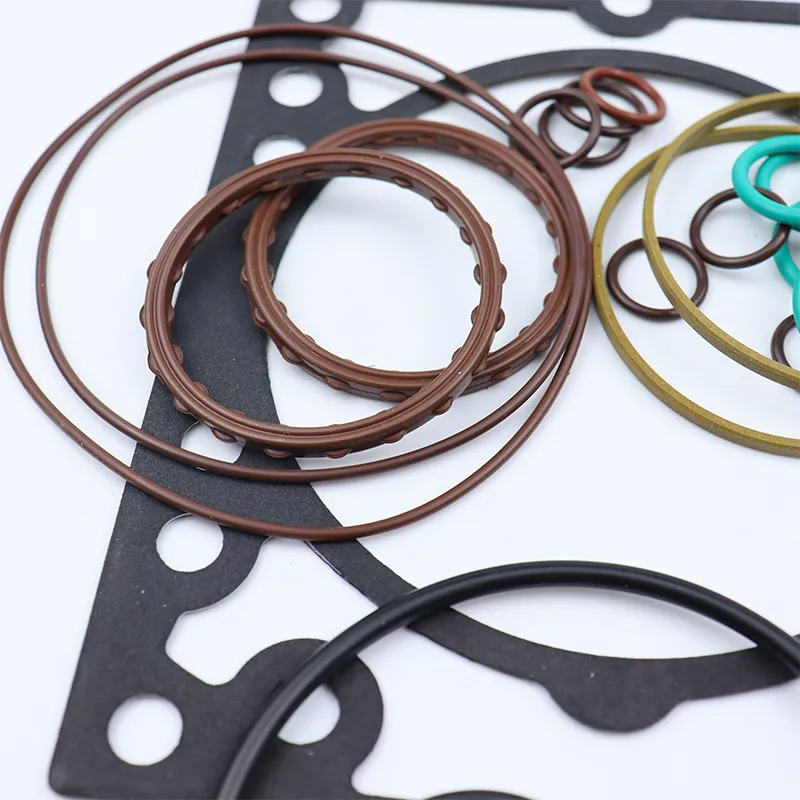Sep . 03, 2024 07:39 Back to list
Industrial Oil Seals - High-Quality Sealing Solutions for Machinery
Industrial oil seals play a crucial role in the functioning and longevity of various machinery and equipment across multiple industries. These components are designed to prevent the leakage of lubricants and other fluids while also keeping contaminants, such as dirt and dust, from entering the machinery. As such, oil seals are essential for maintaining the efficiency and performance of equipment, reducing wear and tear, and ultimately prolonging the lifespan of critical components.
The design and materials used for industrial oil seals are pivotal to their effectiveness. Typically, oil seals are made from elastomers, which can withstand high temperatures and pressures, as well as the chemical compositions of different fluids. Common materials include nitrile rubber (NBR), Viton, and silicone, each offering unique properties suitable for various applications. For instance, NBR is widely used in automotive applications due to its excellent resistance to oil and abrasion, while Viton is preferred in environments with high temperatures and aggressive chemicals.
Industrial oil seals come in various shapes and sizes, tailored to fit an array of machinery, from large industrial vehicles to precision equipment. The functionality of these seals ensures that lubricant films are maintained within moving parts, which reduces friction and minimizes the risk of breakdown. Without adequate sealing, machinery can suffer from increased energy consumption, higher operational costs, and frequent maintenance issues.
industrial oil seals

In addition to their primary purpose, oil seals also contribute to environmental protection. By preventing leakage, they help to mitigate the risk of oil spills and contamination of the surrounding environment. This is especially critical in industries such as manufacturing, agriculture, and energy, where the mishandling of lubricants can have serious ecological impacts.
Moreover, regular inspection and replacement of oil seals are vital practices that can enhance the reliability of equipment. Over time, seals can degrade due to heat, pressure, and exposure to various liquids, leading to potential failures. Implementing a proactive maintenance strategy that includes monitoring the condition of oil seals can help identify wear and tear early, allowing for timely replacements and reducing the risk of costly downtimes.
In summary, industrial oil seals are indispensable components that serve multiple functions in machinery. Their role in preventing leaks, protecting against contaminants, and promoting operational efficiency is fundamental to the smooth functioning of industrial processes. As industries continue to innovate and advance, the development of even more effective sealing solutions will be essential in meeting the demands of modern machinery and environmental standards.
-
Wiper Oil Seal: Our Commitment to Clean Hydraulics
NewsAug.13,2025
-
Hydraulic Oil Seal for Self Discharging Cars
NewsAug.13,2025
-
Hub Oil Seal for Agricultural Tractor Hubs
NewsAug.13,2025
-
Skeleton Oil Seal with NBR Material
NewsAug.13,2025
-
Rotary Lip Seal for High Pressure Applications
NewsAug.13,2025
-
Cylinder Seal Kits Our Legacy of Hydraulic Trust
NewsAug.13,2025
-
Unlocking the Potential of Hydraulic Systems with Essential Sealing Solutions
NewsAug.06,2025
Products categories
















